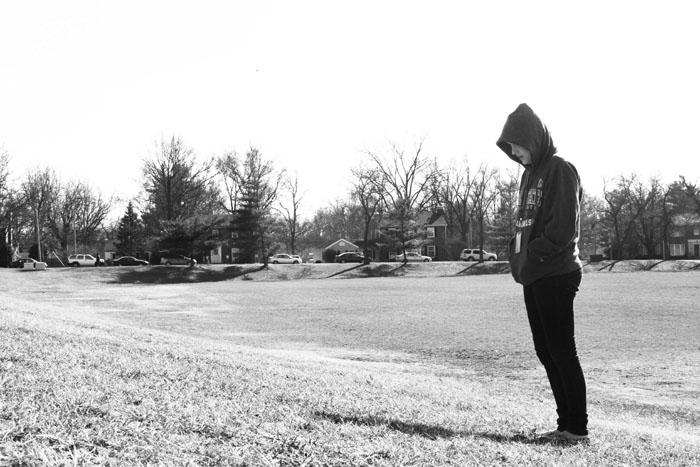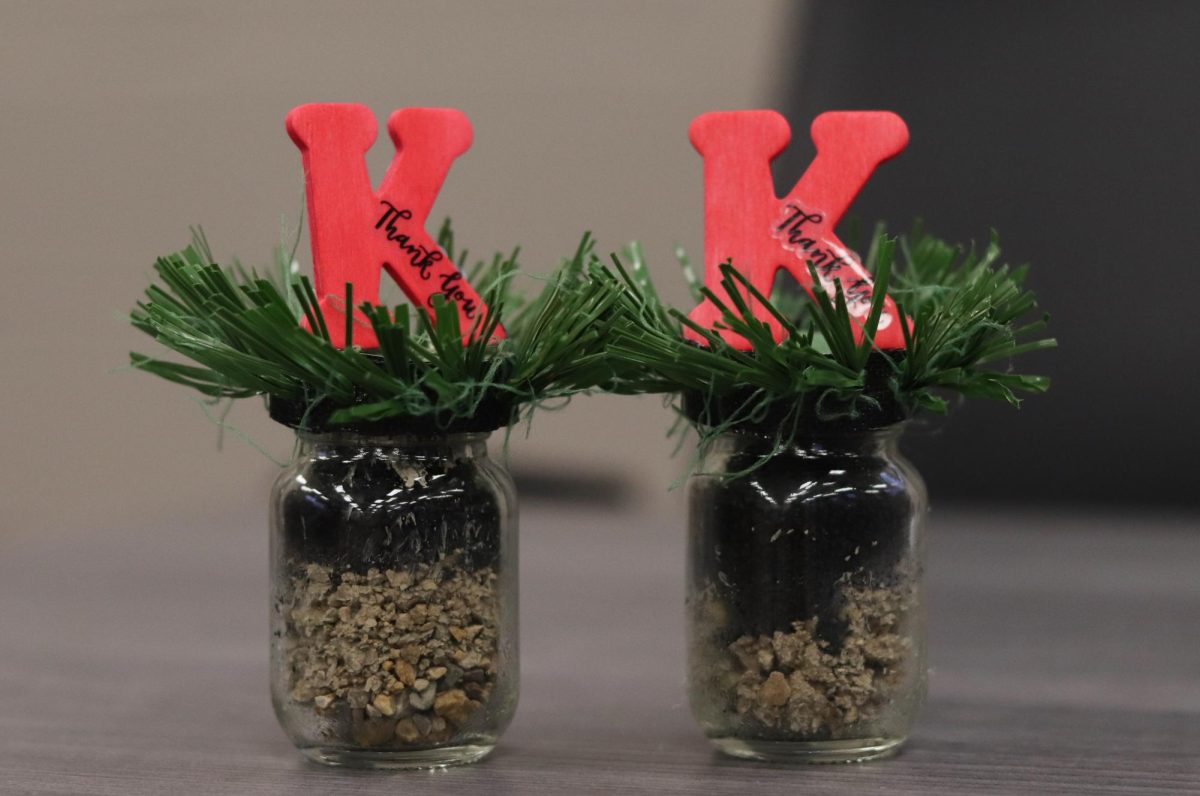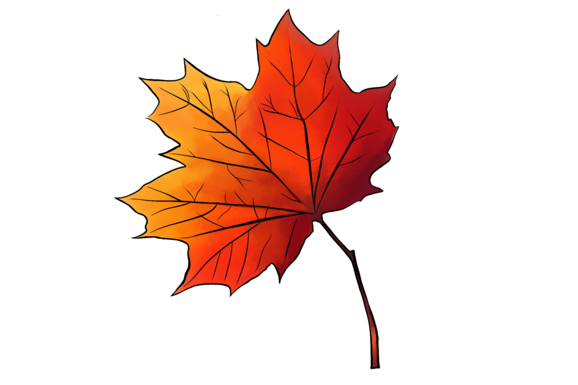Every year, starting in late September, Cheryl McClure, guidance secretary, must sit in front of a light each morning before she goes to work in the guidance office. McClure, like 4.9 percent of the U.S. population, has Seasonal Affective Disorder (S.A.D.).
“When [a mood disorder] becomes an issue is when it impacts your day,” Carrie Medelman, psychology teacher, said.
According to the Diagnostic and Statistical Manual of Mental Disorders, to be diagnosed with S.A.D. a person must show a pattern of at least two years of recurring seasonal depression.
“I am more tired, not as happy all of the time in the winter,” Rachel Bruns, sophomore, said. “I go to bed earlier and have a harder time getting up in the morning.”
Although Bruns does not suffer from S.A.D. she does understand why people would be affected by it. It is unlikely for students to be diagnosed, because a person must be over 20 and have had symptoms for two or more years to be officially diagnosed. Medelman said she has had students identify with the symptoms.
“We do abnormal psychology. S.A.D. fits in with that,” Medelman said. “That’s part of taking psychology. You see yourself in it.”
One of the symptoms of S.A.D. is an unwillingness to act normally or take part in everyday activities, much like regular depression.
“I stopped doing the laundry, and that’s when my husband noticed something was wrong,” McClure said.
During her first year experiencing symptoms, she was on antidepressants until February when she felt like she no longer needed them.
“The next year, the same thing happened. I heard about [S.A.D.], and the doctor said, ‘That’s what you must have,’” McClure said.
McClure did not want to have to take antidepressants all winter, and once she heard about and researched the light box, she bought one to use every winter morning.
“We like to pop pills in this society. Being outside, exposing yourself to sun, is just as effective as pills,” Medelman said.
According to Medelman and McClure, the symptoms last until late February or sometimes later in the year, depending on the sunlight.
As February and brighter days have begun to roll around, McClure sees improvement in her S.A.D. and can leave the light in storage for a few months.















